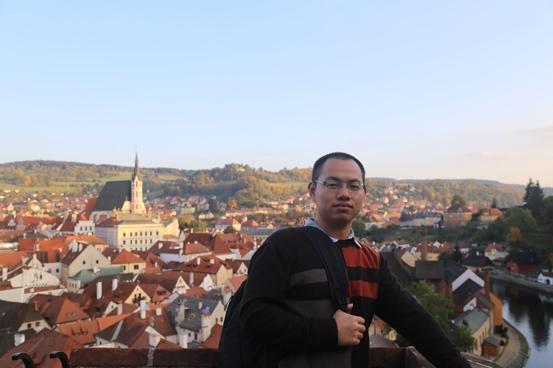|
4月11日密歇根大学安娜堡分校博士后洪涛学术报告预告
作者:吴静静
发布日期:2023-04-08
浏览次数:
报告题目:Generalizing Nesterov’s Scheme and Magical High-order Methods
报告摘要:
With engineering and science being increasingly data driven, developing models with efficient algorithms to understand the information behind the data becomes the backbone of data science. First-order methods are widely used in many applications, e.g., linear and nonlinear inverse problems, signal processing, and machine learning, etc. because of its cheap computation at each iteration. But its efficiency remains a concern. Some accelerated methods have been developed that improve the efficiency of optimization and reach an optimal convergence rate. These accelerated methods are mainly based on Nesterov’s scheme. However, how to generalize Nesterov’s scheme to accelerate an abstract plain (without acceleration) iterative method is still unknown. In the first part of the talk, I will introduce a way to generalize Nesterov’s scheme to accelerate abstract plain iterative methods for linear problems.
High-order methods converge faster than first-order methods. But it is hard to use high-order methods for real applications because high-order methods require much higher computation than first-order methods at each iteration. In the second part of the talk, I will discuss a specifical high-order method and derive a way to reduce the computation at each iteration. Finally, I will show the potential advantage of high-order methods for image reconstruction in compressive sensing MRI.
At the end of the talk, we will discuss some open problems and future directions. 个人简介: Tao Hong (洪涛) is a postdoctoral fellow in the functional MRI lab and EECS at the University of Michigan, Ann Arbor. He received his B.Eng. degree in communication engineering in 2012 from Zhejiang University of Technology, Hangzhou, China, and his Ph.D. degree in the Faculty of Computer Science in 2021 from Technion – Israel Institute of Technology, Haifa, Israel. His main research interests are numerical optimization and multigrid computational methods. He is especially interested in designing efficient computational methods to reduce the computational burden of the problems arising in scientific computing, signal processing, machine learning, and computational imaging. Recently, he focuses on computational MRI imaging, optical diffraction tomography, and high-order methods.
|

